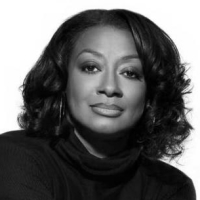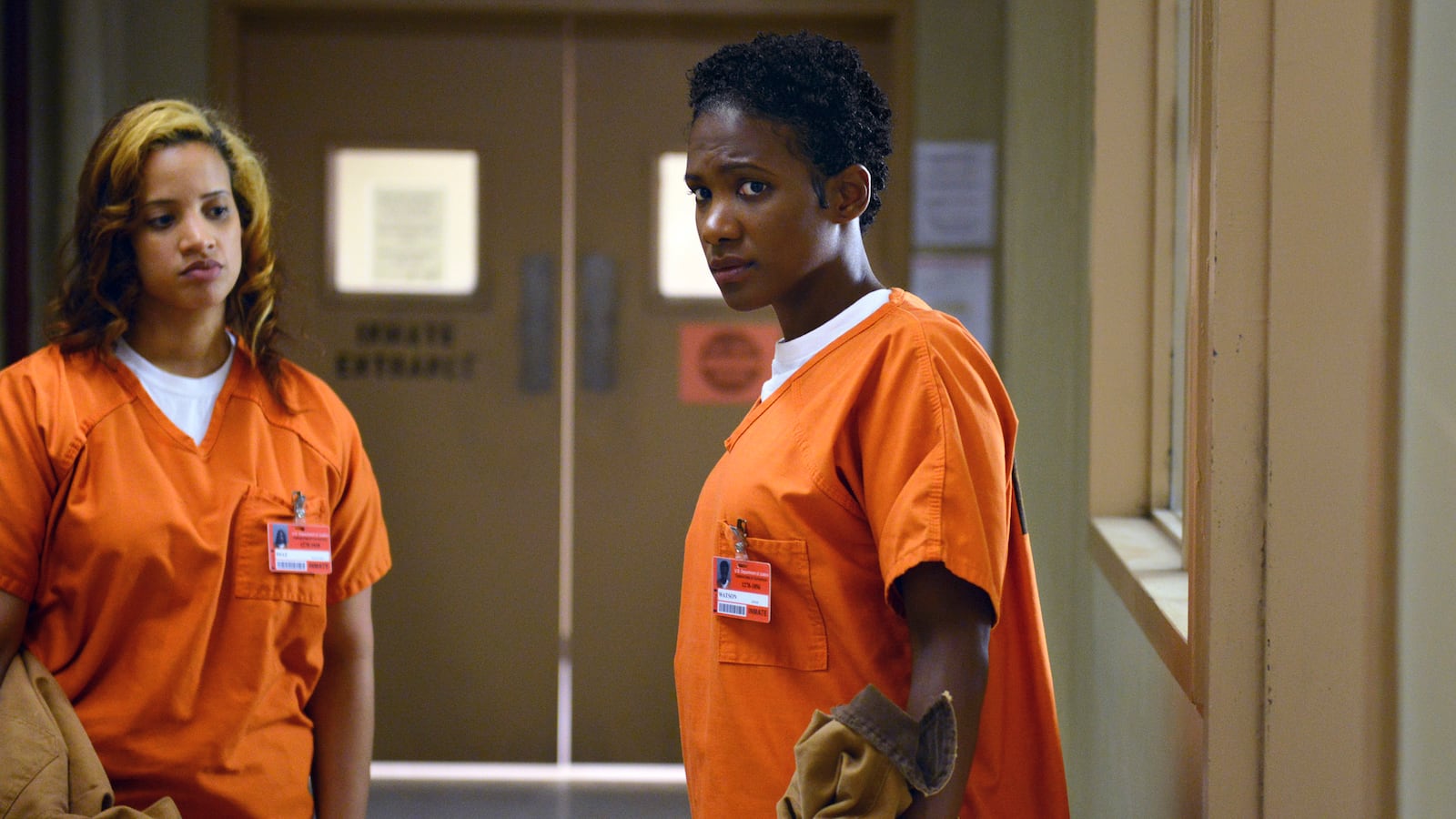I’ve never watched Orange Is the New Black. I probably never will.
My decision remains steadfast despite the fact that barely a day goes by without at least one of my friends texting or emailing about the show. The highly acclaimed Netflix drama follows 32-year-old Piper Chapman, a yuppie of sorts, with a loving boyfriend and a new business selling sweet-smelling bath soaps. Unfortunately, her seemingly perfect life has to be postponed while she surrenders herself for 15 months to an upstate New York women’s prison. Ten years earlier, she had unwittingly transported drug money through customs for an ex-lover—a lesbian lover, that is.

My friends, and apparently television critics everywhere, say Orange Is the New Black is well written, amazingly paced, and wonderfully diverse in its casting of prison guards, officials, and inmates. As someone who writes regularly about the lack of roles for women of color on television, I applaud Netflix.
So what’s my problem with a smart drama about women from varied backgrounds? The answer is easy: I’m simply not entertained by shows that feature large numbers of black people exiting, entering, or already in prison.
Believe me, I truly adore Idris Elba. But I’ve never seen an episode of HBO’s acclaimed show The Wire for exactly this reason.
For decades, television networks routinely aired shows with few cast members of color, no matter how absurd. Friends was set in New York City, but rarely bothered to show a face of color walking by. The list of similar shows over the years goes on and on and on with both comedies and dramas failing to showcase minorities in the core of plot lines.
Oddly enough, those same network producers, writers, and executives would never dream of casting any show related to prisons without featuring people of color in prominent roles. In shows that pertain to the criminal-justice system, particularly those held behind bars, black people are suddenly “must haves.” At least they are if the storyline is to be “real” in any way.
Suggesting New Yorkers can go years at a time without seeing a person of color is somehow completely believable, while a prison sans significant numbers of black people isn’t? Utter nonsense at its best, I say.
My reasoning doesn’t end there. A number of my friends suggest that Orange Is the New Black opens the eyes of mainstream America to the plight of minorities behind bars. They say that somehow a show about an attractive white woman surprisingly behind bars also helps to illustrate the cruel unfairness of certain laws that lead to the increased incarceration of black men and black women.
The same ideas that clearly weren’t conveyed strongly enough by other shows such as Oz or The Wire. There is the idea that Orange will magically wake up Americans and force them to acknowledge the harsh reality that time served in jail isn’t quite the same for everyone.
Sentences are often racially disproportionate, particularly for black men, who often receive 20 percent longer jail terms than white offenders convicted of the same crime. Black women receive stiffer and longer punishment than white women for drug-related offenses as well. In reality, two thirds of black women in jail aren’t behind bars for drug crimes. They are incarcerated for assaulting and killing the husbands, boyfriends, and lovers who’ve sexually or physically abused them.
American jails are filled with black women like Marissa Alexander, who fired a warning shot in front of her abusive ex-husband (he wasn’t hurt) and was sentenced to a mandatory 20-years behind bars last year. While protests were needed to arrest George Zimmerman for shooting and killing an unarmed Trayvon Martin, Alexander was quickly charged with three counts of aggravated assault by a Florida judge. Alexander’s abusive husband is alive and well, yet she remains behind bars and away from her children. Martin is buried in a Florida cemetery while Zimmerman is a free man.
So, no, I won’t be watching Orange Is the New Black. And I won’t be watching reruns of Oz or The Wire. Until the current criminal-justice system is reformed and states begin spending as much money on early education and inner-city schools as they do to build more and more prisons, I’ll find my entertainment elsewhere.






